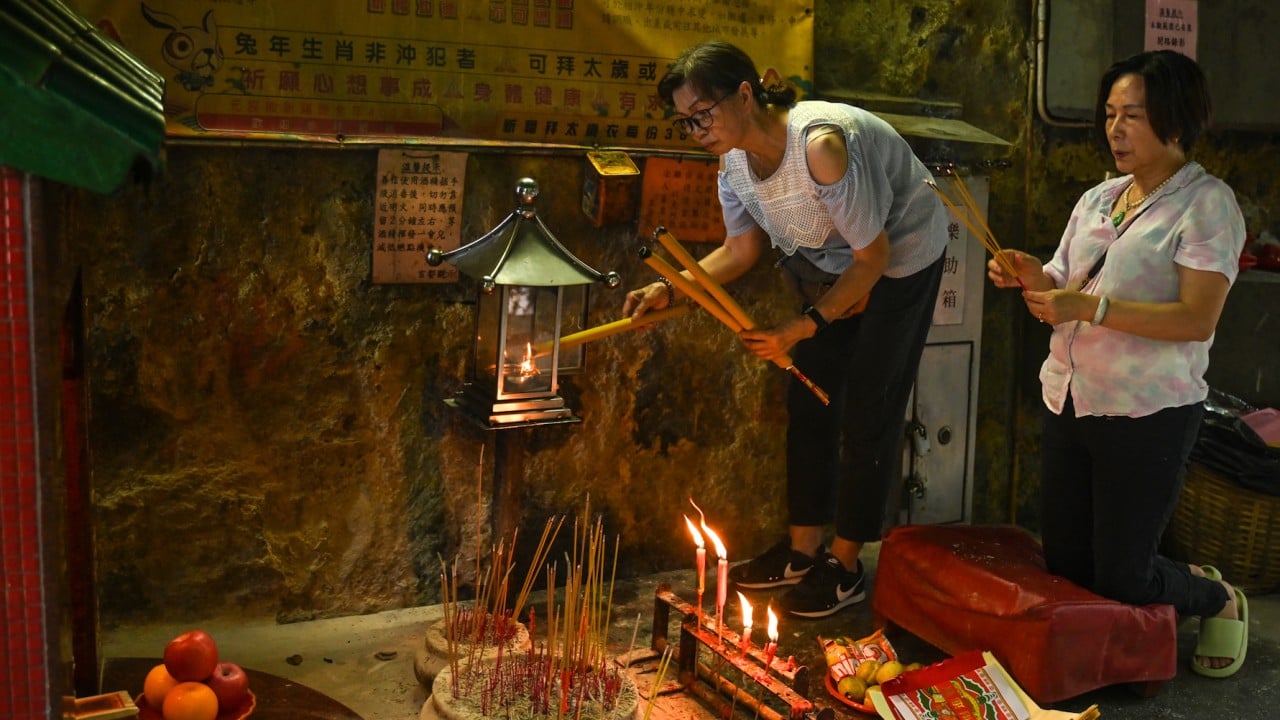Throughout the day, on bamboo stages erected for the purpose in neighbourhoods and streetside, one can watch traditional Chinese opera – a performing art form rooted in Chinese tradition and staged with stylised actions and elaborate costumes.

Cultural practices such as Chinese opera were taken by migrants to their new homes. In the 20th century Hong Kong saw significant migration from mainland China, a consequence of the Sino-Japanese War, Communist revolution, and economic hardship; the majority came from the southern coastal provinces, especially Guangdong and Fujian.
Hong Kong is naturally a home to the major genre of Cantonese opera – which was inscribed in the first national list of Intangible Cultural Heritage (ICH) in 2006, and Unesco’s Representative List of ICH of Humanity in 2009. Chinese opera practices are also found in the communities of the Chiu Chow, Punti, Hoklo, and Tanka (boat people).
However, in no small part because it was the “Yu Lan Festival of the Hong Kong Chiu Chow community” which was inscribed in Hong Kong’s ICH list in 2019 and the national ICH list in 2011, it is the Chiu Chow tradition, in particular that of the Chaoshan region in eastern Guangdong province, which has become associated with Hong Kong’s Hungry Ghost Festival.
Significant linguistic and cultural changes have occurred in recent decades. With societal language shift – younger generations tend to have Cantonese, English, and Mandarin in their repertoire, and less competence in heritage languages – as well as to cater to the tourism sector, traditional Chinese opera performances have started including surtitles in Chinese and English.
Meanwhile, some neighbourhoods’ Yulan celebrations have included dimensions from other cultures: Obon paper lanterns and umbrellas, features of Japan’s festival commemorating deceased ancestors, have been displayed next to the paper offerings to the Ghost King, and Korean hip hop has been performed as part of the entertainment.

Getai, which emerged during the period of Japanese occupation in the 1940s, was initially found in amusement parks and theatres, and formed the entertainment at evening or singing cafes.
Getai eventually evolved into performances for the Hungry Ghost Festival (and other festivals), and gradually, since the 1970s, has become its most popular activity, performed in public housing estates, and, crucially, has supplanted opera performances.
Beyond its significance for honouring the dead, the Hungry Ghost Festival is a platform for the play between heritage-making and authenticity, on the one hand, and the embracing of multiculturalism, globalisation, and hybridity, on the other – crucial negotiations for such cultural practices to evolve and thrive.


